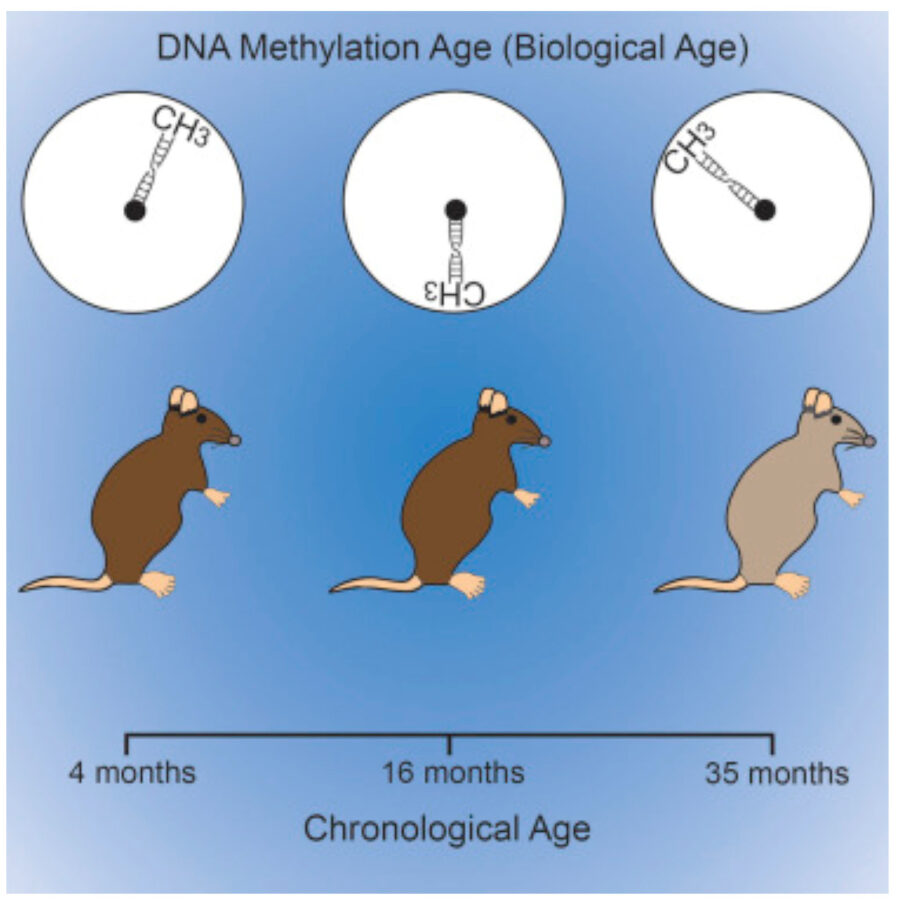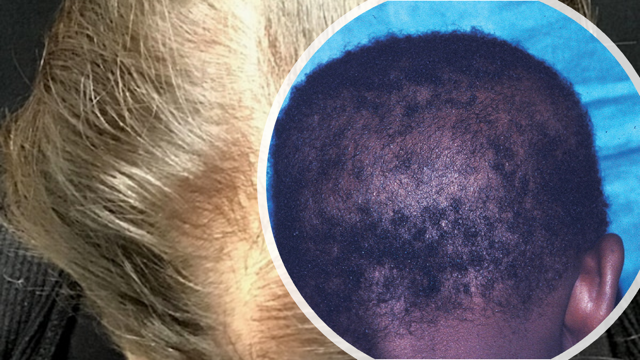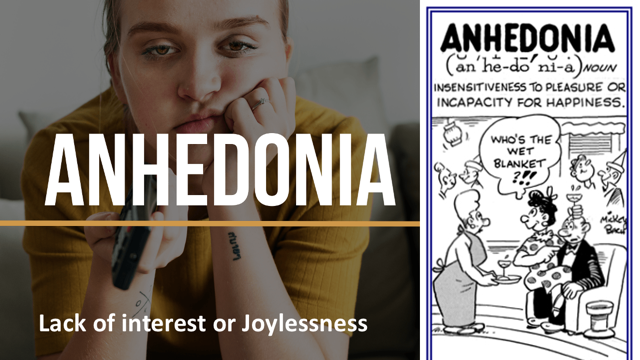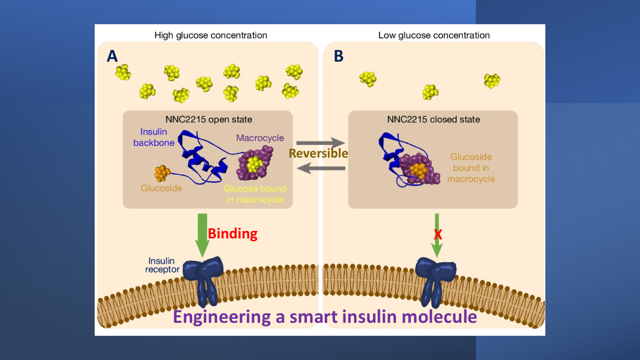HAVE you ever wondered why someone of same age bracket as you looks younger or older than you? The reason is simply due to different ageing process, not because you are richer or poorer than your age mate.
It is true that richer people can afford healthier food and have less stressful lifestyle than their poorer counterparts, but that is not the whole picture. As you grow older, damages will start to occur in your cells, and when this happens, inflammation-causing molecules are released.
Join our WhatsApp ChannelThe released molecules cause wear and tear on your tissues and organs. People with healthier immune system will be able to neutralise this inflammation whereas, if your immune system is weak or compromised, you will not be able to neutralise the inflammation therefore, you will age faster.
A new tool called iAge (which stands for Inflammatory Ageing Clock) has been developed, which uses inflammation to predict your health. It is a new age clock and was developed by scientists at Stanford University in California, USA. Previous age clocks are based on epigenetic (i .e. how your environment and lifestyle behaviour e.g. stress, diet, etc. affect your genes).
Epigenetic markers tag your DNA as they age and are passed from one generation to the next. iAge measures biological age by assessing the chronic inflammation occurring in an individual and then predicts if the person is at risk of developing age-related conditions.

It is generally known that the female mammal live longer than her male counterpart. The reasons for this sex-dependent longevity have been socially attributed to many things but scientifically, the reasons are unknown.
A marker is something that characterises a particular process. In biology, a biological marker or simply a biomarker e.g. gene or molecule, is used as an indicator of a biological process occurring in the body. Epigenetic on the other hand refers to changes in an organism as a product of the way the genes are expressed.
Scientists measure age by using what is called “Epigenetic clocks”. These clocks are simply molecular biomarkers that are used in estimating chronological age. They can be used also to identify factors affecting the ageing process through assessing age-related diseases.
The study of the ageing process is called gerontology and those whose job it is to treat and care for the elderly suffering from diseases associated with the ageing process are known as geriatricians. As we age, our body structures and function also change. It is those changes that manifest the age-appearances we have. One such changes besides mutations occurring in our DNA, is epigenetic modification. It is a biochemical marker (biomarker), which is based on the measurement of the amount of methyl groups (CH3) our DNA have accumulated as a function of our chronological age.
Castration as a tool in the study of longevity has been around for quite some time. Rats castrated after birth or just before puberty have longer lifespan, while increase in body mass of the male sheep is achieved by either partial or full castration.
The ageing process is hastened in females (in both mammals and murine) by the loss of ovarian hormone production either through ovariectomy or menopause. Diet is also important in ageing. Rats limited in calorie intake have reduced acceleration in the ageing process.
Scientists in New Zealand writing in eLife, an online publication, announced the development of an epigenetic clock for sheep, which also is capable of detecting accelerated rates of ageing. They reported that castrated male sheep in which the hormone androgen is removed age less than intact sheep. Androgen hormones include, testosterone and androsterone, and they appear to accelerate the ageing process in males, according to the report.
Castrated sheep were already known to be less aggressive and to outlive their intact male and female counterparts but the new approach improved the reduction in the ageing process of castrated male sheep by about 3 months – equivalent to 4 years 6 months in human age!
The androgen hormones promote growth in early life, and going by this report, it appears that they also promote senescence (old age) in later life.
But this report is not asking you to undergo castration simply because you wanted to live longer……. it won’t do you any good now. This is because the positive effect of castration in the ageing process is only effective when castration is done at the early stage of life! Sorry, you just have to accept the fact that you are not going to live forever! 😂😂😂
















Follow Us